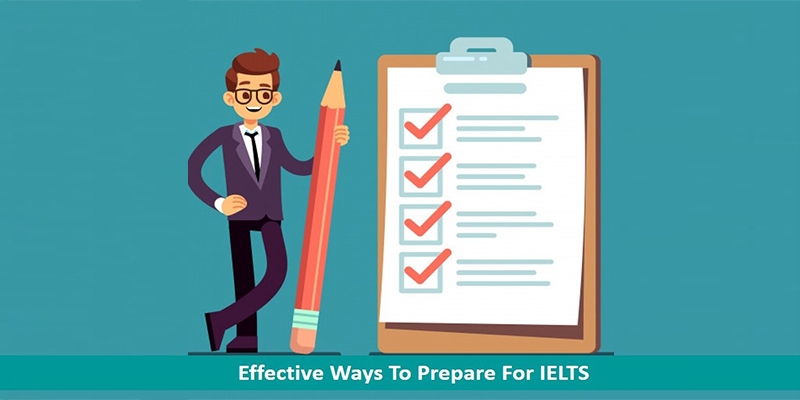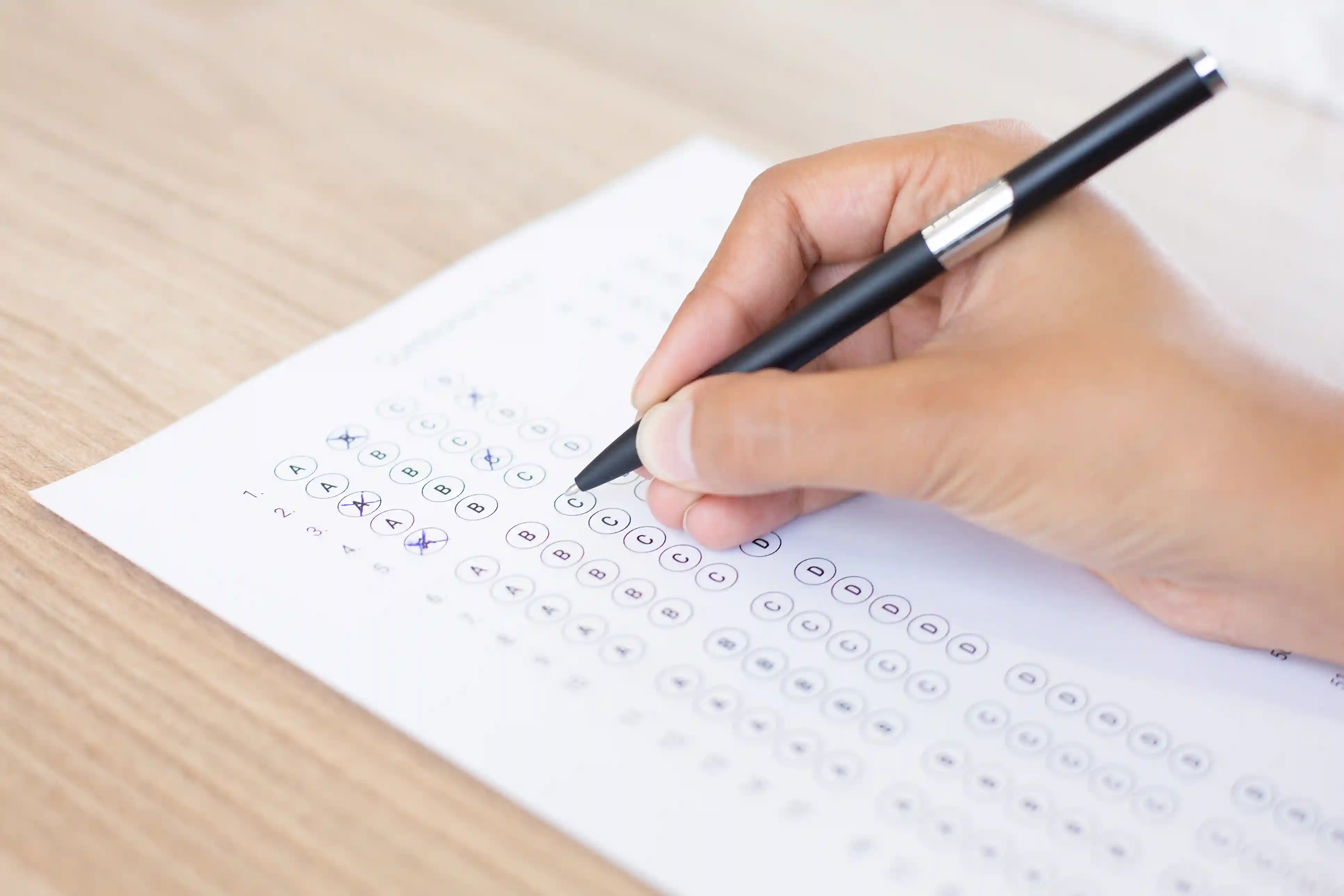Effective communication skills are crucial in your student life as they enable you to express your views and ask questions when necessary. The ability to speak proficiently is essential for personal and professional development as it enhances your negotiation skills. So, let’s understand the 7Cs of effective communication, which are the key attributes to converse efficiently.
Key Highlights
- Importance of communication skills for students
- Types of communication skills
- 7cs of communication
- Activities to improve communication skills for students

Importance of communication skills for students
- Essential for presentation and participation in extra-curricular activities
- As a student, you will have to build your network, which can hardly be achieved without engaging in meaningful conversations.
- To increase your productivity and confidence in class
Types of communication skills
- Verbal communication: Any face-to-face communication, including video calls and phone calls, is part of verbal communication. Active listening will be a part of verbal communication.
- Non-verbal communication: You communicate through facial expressions, gestures and body language too.
- Written Communication: Emails, manuals, and reports will be a part of written communication.
- Visual Communication: You must have often come across advertisements, animations and graphic designs. These are forms of visual communication.
7cs of communication
- Clear
It is necessary to convey a specific message so that your ideas and thoughts are understood without confusion. So, know the core points you wish to share and avoid using complex idioms that can be easily misconstrued.
Example: Let’s say you have a study group and are responsible for coordinating with the team. When planning the group study sessions, you must share details, such as the date, time, and scheduled subjects. If you miss vital information in your communication, your peers may miss the session.
- Correct
Ensure all the facts and figures are well-covered and the communication is free of grammatical errors. If it is a written document, it is best to proofread it once before sending it. You can gather all the information for verbal communication to know how it has to be relayed.
Example: Sample mail: The workshop is scheduled for this weakend at 5 p.m.
In the above illustration, there is a spelling error. It is wise to run a spell check before sharing any email.
- Concise
We all have attended public speeches at some point in our lives. So, have there been times when you thought to yourself - when will this speech end? Oh yes! The secret to keeping the conversation engaging is to “keep it short”, and this golden rule applies to verbal and written communication. To ensure your message is brief, avoid talking about repetitive things. At the same time, ensure you keep the other Cs in mind to ensure communication effectiveness.
- Coherent
The communication has to flow smoothly and be presented logically. So it is imperative to avoid digressing from the original topic. Also, you must be consistent with the message you intend to relay. For instance, if you are trying to capture a piece of communication, the format will change depending on written and verbal communication, but the essence has to be the same.
- Concrete
The aim should be to eliminate any chances of misinterpretation of your communication. So, instead of drafting a general message that leaves much room for doubt, you can focus on adding precise information. Well-defined points and a clear conclusion will go a long way.
- Complete
Communication that includes all the details that answer the recipient’s doubts is a sign of effective communication. Furthermore, the parties involved in the communication must know what action to take once they share the information. You can ask questions after conveying the message to confirm if the communication is complete.
- Courteous
Engaging content should be empathetic, professional and honest. It must be super persuasive if your communication intends to convince or influence people. Positive tonality can be appealing too.
Activities to improve communication skills for students
Team debate competition: In this activity, students are given a topic and are allowed to research to support their perspective. Participants can form teams and then present their views.
Guide the blindfolded: A participant will be blindfolded, and other students will be asked to guide the blindfolded peer to perform a set of tasks through verbal communication.
When planning your higher education journey, please remember that effective communication skills are important. If a lack of finance is a hindrance, loans for students are easily available. If you are planning to pursue your academic pursuits in a foreign country, you can opt for a study loan for abroad courses. If you want to know more about student loans to study in India or overseas, please feel free to connect with us. We, at Avanse Financial Services, will be glad to answer your questions.

.png)
.jpg)








